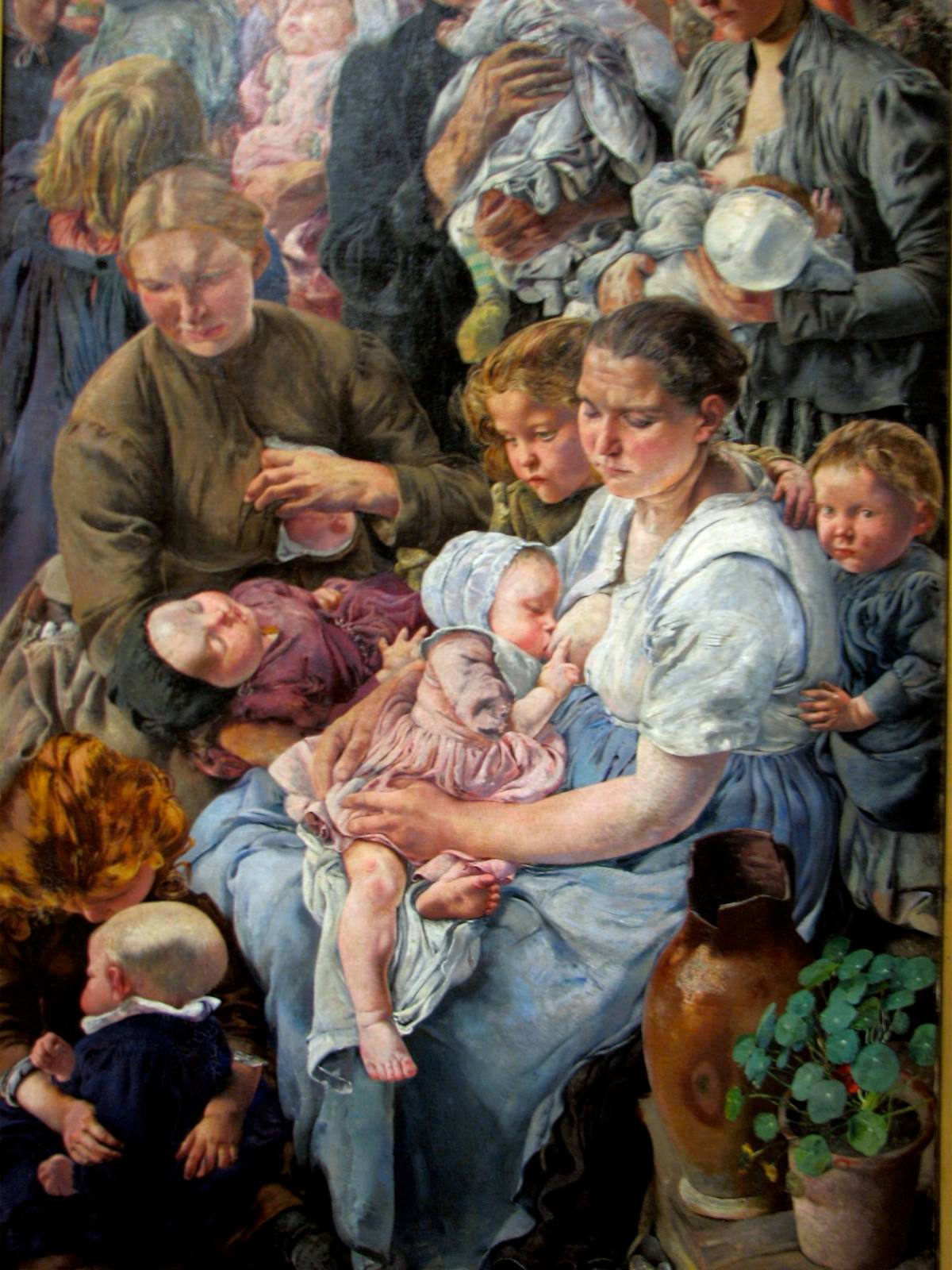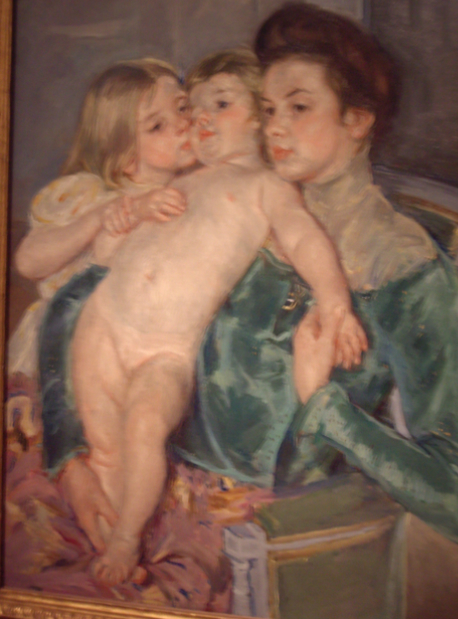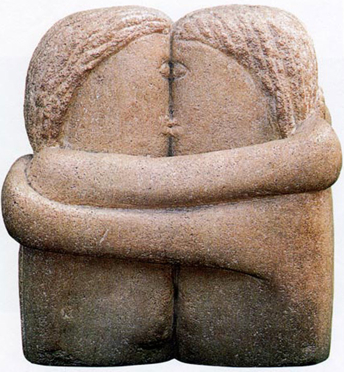Gender
 reproductive genetics
reproductive genetics
Z-A contents of this site
The X in Sex: How the X Chromosome Controls our Lives
- 1866 • Gregor Mendel, variable inheritance described in peas.
- 1880 • Walther Fleming, dark-stained bodies, called chromosomes.
- 1901 • Clarence McClung discovers the X chromosome.
- 1905 • Nettie Stevens discovered the Y chromosome.
- 1912 • Color blindness shown to be maternally inherited.
- 1953 • The molecular structure of nucleic acid found.
"Male and female. . . . the duality of the human race is such an inescapable part of our existence that throughout much of history few have ever wondered why it is so. Just as every person is irrevocably allocated a sex at birth, so is sexuality itself woven through the whole of human life."
pp. 5-6.
"Our conclusion, when all the meaningless philosophical clutter is removed, is fascinating --men and women are made in fundamentally different ways. That are not two sides of the same coin. . . . they are more dissimilar than that. One is original and one is derived."
p. 33.
"It may be the Y chromosome that makes the obvious difference between men and women, but it is the X that makes them complementary rather than opposite. It is the X that eventually reunites them."
p. 170.
The hemophiliac curse
Duke of Kent, Edward Hanover, had a defective X Chromosome passed on to his daughter, Alexandrina Victoria, who in 1837 became Queen of England!
pp. 69-73.
Leopold, Victoria's son had hemophilia, inherited from her father's family. Her daughter, Alice's child Alexandra was to marry Czar Nicholas II and their child the Czarevich Alexander.
pp. 74-77.
Identical twin women may differ in ways men never do because of the women's possession of two X chromosomes.
pp. 145-147.
sex specific chromosomes, the X chromosomes have to be inactivated in the female but activated to be passed on to male offspring.
pp. 138-142.
"One thing that is clear is that sexuality is far more complex than we ever realized. Geneticists' understanding of sexual differentiation has much advanced since" 1900s.
"Human beings are not simply male or female. . . . 'Intersexuality' is a fact of life, and not a particularly rare one either."
p. 167.
"later stages of the sex-determination process can go wrong, and all in all these bring the total up to about 1 percent of humanity who have a sexuality that differs from XX – female or XY – male. . . . the human sexes are many and varied, and while two predominate,the others form a continuous spectrum that stretches between those two and beyond them."
p. 167.
"The importance of the X chromosome. It was discovered by chance, because although it looks much like any other chromosome, it seems somehow different, distant from the others."
"Unlike the brash male-making Y, it has great depth and complexity that make it a far more interesting controller of our destinies. It brings death and destruction to lone-X men and complexity and confusion to dual-X women."
pp. 167-168.
"Sex is essentially a cooperative venture."
"Why should the parental origin of their X chromosome make any difference.?" in the sociability of 'XO' women?
"... the vestigial shriveled Y may play a minor role in actually making embryos turn into boys [via the presence of the SRY gene] ... but... the recurring theme of difference between men and women is the predominance of the X chromosome."
p. 171.
Quotes here with page numbers are from:
David Bainbridge, The X in Sex: How the X Chromosome Controls our Lives, (Cambridge: Harvard University Press, 2003).
Other sources are:
Matt Ridley, The Agile Gene: How Nature Turns on Nurture, (New York: Harper Collins Press, 2003).
Troy Cox, "Sex-determining Region Y in Mammals," The Embryo Project Encyclopedia, on-line.







